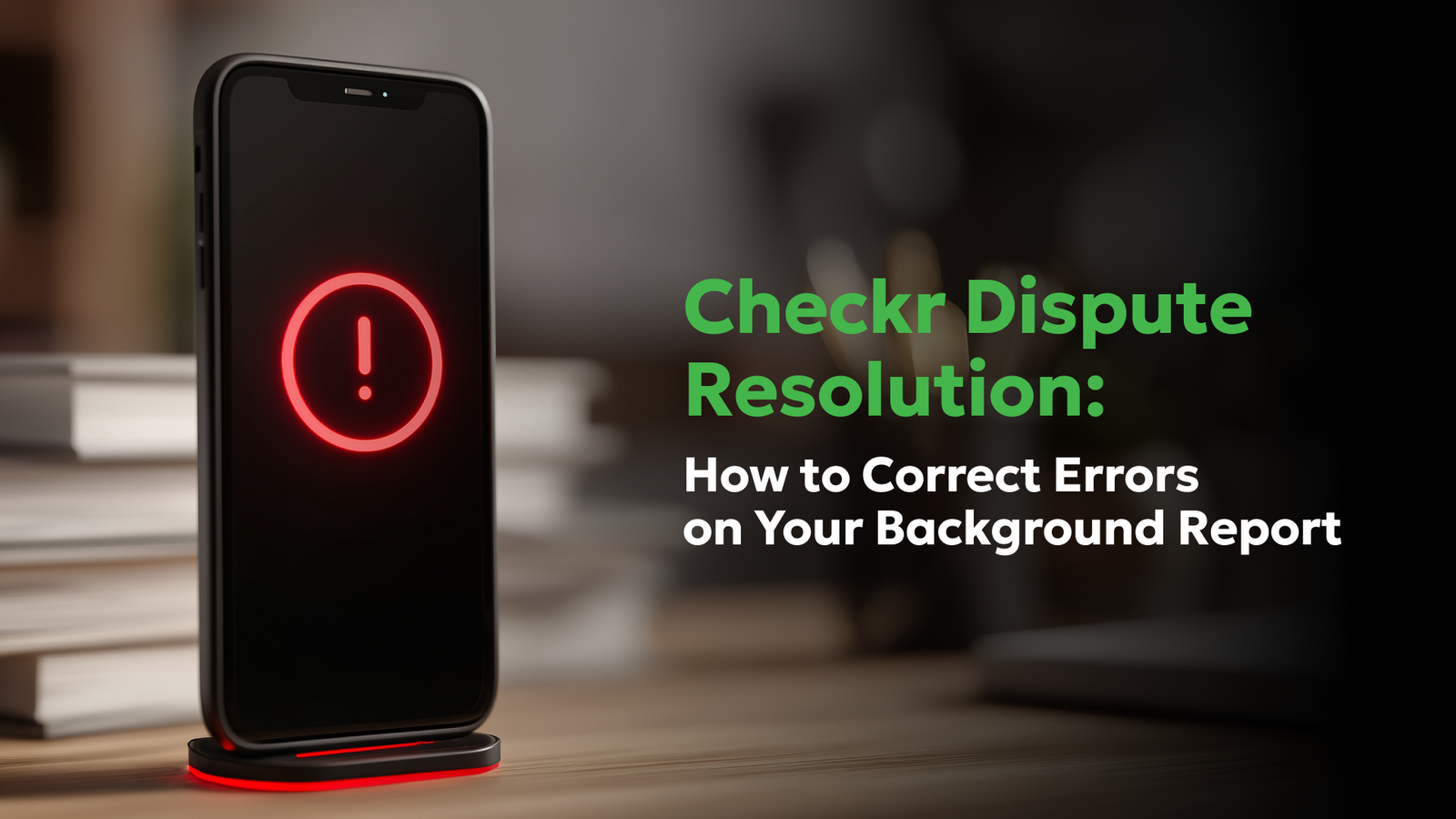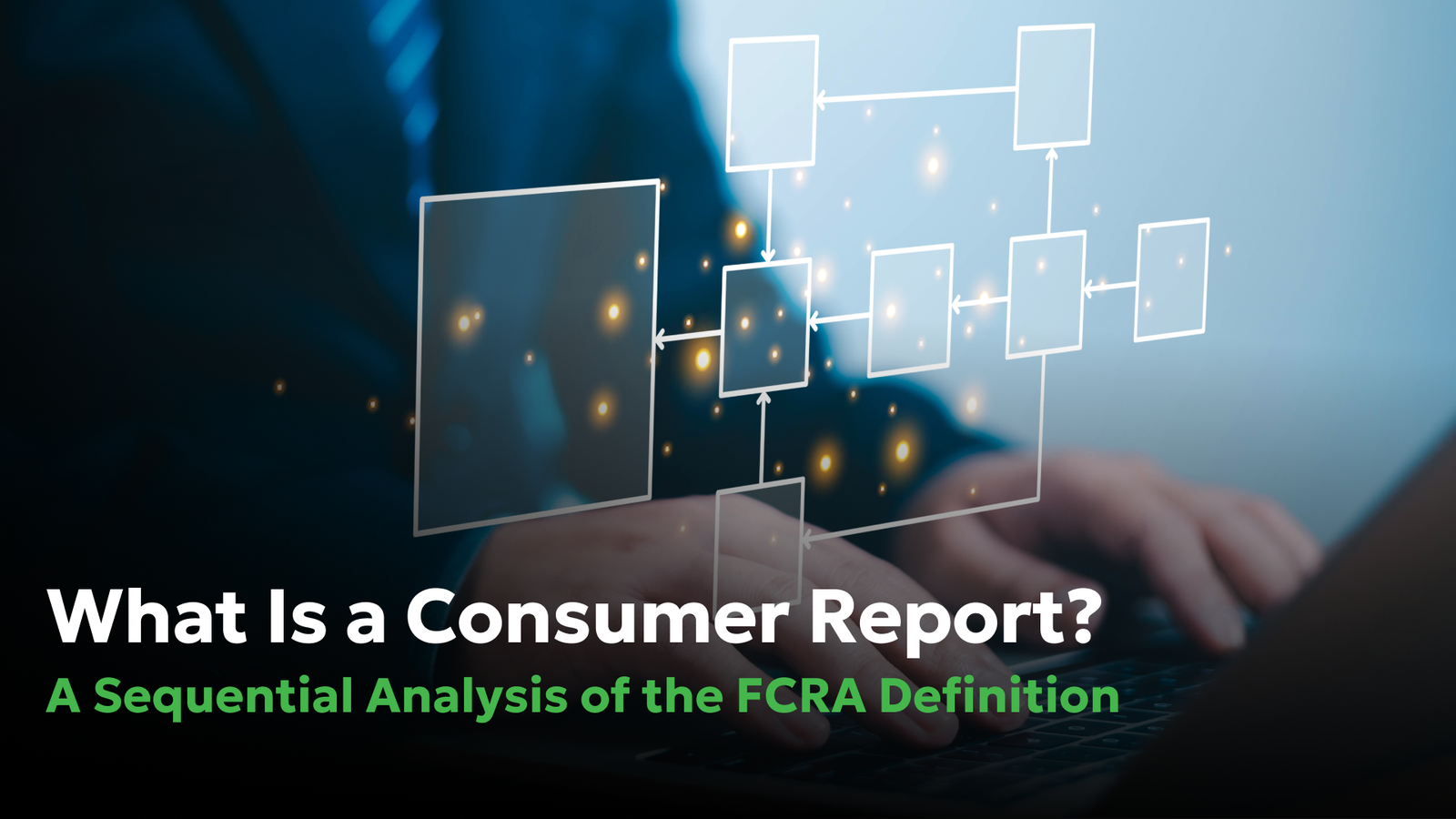Why Is My FICO Score Lower Than My Credit Score?
- Blog
- All about FCRA
Why Is My FICO Score Lower Than My Credit Score?

Decode Your Low FICO Score and Discover Solutions with Consumer Attorneys!
Learn some of the common reasons behind your low FICO score and how you can work to increase it. Also, learn about why discrepancies may not be your fault and what you can do about it- including getting paid! Check out our article and contact Consumer Attorneys for more details.
If you’re asking why is your FICO score lower than your credit score, you are not alone. Lower FICO scores occur sometimes because of the different metrics and algorithms used by each credit bureau. We will take a look at these concerns along with solutions that can increase your FICO scores and help you dispute inaccurate credit reporting.
FICO Score vs. Credit Score: What Sets Them Apart?
What sets FICO scores and credit scores apart is the fact that there are two types of credit scoring models used, including FICO and Vantage scores. FICO scores originated from a data analytics company in California that was originally referred to as the Fair Isaac Corporation. (The FIC from this corporate name became the basis for the term FICO score.) The FICO score soon grew into a widely used and measurable score for credit risk. In fact, it has grown into most lenders’ top choice for determining whether or not they will extend credit to you.
The second scoring model, Vantage scores, on the other hand, uses scores from three different credit bureaus: Equifax, Experian, and TransUnion. Each bureau uses a different algorithm than what is used for FICO scores. Vantage scores are typically educational scores and may not reflect your actual score.
On the other hand, FICO scores (what lenders prefer to use) range from 300 to 850 and, depending on the industry, can sometimes range from 250 to 900, which can be the reason why your FICO score is lower than the others.
What Exactly is a FICO Score?
Again, FICO scores range from 250-900 depending on the industry, are used primarily by lenders, and use a unique algorithm to calculate your credit risk. FICO scores assess your credit risk based on information furnished in your credit reports, which means sometimes your FICO score is lower than your credit score.
Understanding the Reasons Behind a Lower FICO Score
Have you ever looked at your credit reports and wondered, “Why is my FICO score different from my credit score?” That’s a reasonable question. Since FICO scores and Vantage scores use different algorithms and scoring models, as well as errors that can sometimes occur in Vantage scores, FICO scores may be lower.
Explaining Score Variations Across Different Credit Bureaus
Variations exist among different bureaus since not all creditors and lenders report to all three bureaus. For instance, in some cases, auto lenders report only to Experian and Equifax, and landlords report to TransUnion and Equifax, or just Experian. The lender, the file, and the credit mix are dependent on the lender and which credit bureaus they report to. Also, credit bureaus can sometimes make errors in reporting by reporting files that belong to someone else or reporting an account as closed that is still open, which is why it is important to consistently monitor FICO scores along with all three credit bureau scores.
Why is my FICO Score Lower than Experian?
If your Experian score is higher than your FICO score, it could be due to errors or creditors reporting to only certain credit bureaus. Checking your credit regularly can help you keep up with any errors.
Why is my FICO Score Lower than TransUnion?
TransUnion has a unique way of scoring your credit, which means your TransUnion score may end up being more than your FICO score. Also, there may be errors or mistakes that TransUnion should account for. If you see any errors, you need to address them.
Why is my FICO Score Lower than Equifax?
Equifax uses its own metrics to score your credit. If those metrics are different from FICO scoring models and lenders are reporting to different bureaus and not to Equifax, it could leave your Equifax score higher than your FICO score.
Importance of FICO and Other Credit Scores
You may be wondering why credit scores matter. Credit scores matter because we live in a world where credibility matters. Oftentimes we need things like homes, cars, clothes, and other times we want things like cool gadgets, or to take nice vacations several times per year. To acquire these things, there are lenders like loan companies and credit card companies that may loan you money for your promise to pay them back over time.
Therefore, FICO and other credit scores become very important in those cases because they allow you to purchase things and do things that you otherwise may not be able to do. In the event that your credit score is low (FICO or Vantage), it can become very difficult to get basic living necessities like shelter or it may prevent you from traveling or making larger purchases for pleasure. Thus, having good FICO and Vantage scores are paramount!
Factors that Impact Your FICO Score
Many factors impact your FICO score including how much credit you use, how long you’ve had credit, the type of credit accounts, and how many hard inquiries you have on your credit report. Managing these factors responsibly can contribute to an improved FICO score over time.
Proven Strategies for Boosting Your Credit Score
Many factors affect your credit score, but there are some steps you can take to enhance your creditworthiness and credibility that can help raise your FICO score:
- Monitor Your Credit Report. Regularly review your credit report for errors and discrepancies.
- Dispute Errors. If you find discrepancies on your credit report, time is of utmost importance, and you should dispute those errors quickly! The sooner you dispute the errors, the quicker your credit score will reflect your true credit story.
- Pay Bills on Time. This step may seem simple, but it’s still worth mentioning. Paying bills on time can help maintain a low credit utilization and also diversify your credit types.
- Contact an Attorney. Contacting a consumer lawyer is invaluable because an experienced attorney can help you work through the process of correcting credit reporting errors and help you take proactive steps to boost your credit score.
Call Us If You Need Help with Your FICO or Credit Score!
If you need FICO or credit score help, we can help you. Have a look at our online form and fill it out. You can also call us at 1-877-615-1725, chat with us on our website through the LIVE chat feature, and email us directly at info@consumerattorneys.com
Frequently Asked Questions
Yes. You can have two or three different FICO scores depending on the credit bureau. This happens when the credit bureaus all have different information recorded for you. For instance, two of the credit bureaus may have captured information for certain credit accounts and the other one did not record the same information. In that case, your FICO scores for all three bureaus will likely be different. If your scores are different, it is not always cause for concern because it can be common. Nevertheless, if you have concerns do not ignore them. Get your free credit report annually and go through it to determine if the information is correct or not. Consistently monitoring your scores and disputing when necessary can help maintain continuity in your credit profile.
Unfortunately, there is not a FICO scoring model that is more accurate than another. Instead, we suggest focusing on the completeness and accuracy that each of the bureaus is reporting about you. Differences do occur across the bureaus, but that doesn’t mean their reporting methods or algorithms are “wrong.” It simply means they use different metrics for calculating your scores. What does matter is whether or not they are reporting erroneous credit files or mixing your credit profile up with another person’s credit file, which can then create inaccurate credit reporting. Attorneys for consumer protection have helped thousands of clients clear up their credit and get compensated for inaccurate credit reporting by all three of the credit bureaus. We can help you, too!
FICO scores are usually from (300 to 850), with the lowest being (300) inadequate and the top being (850) excellent. In 2023, scores in the 700s were amongst the most common FICO scores in the U.S. That, however, is an average, and many other people had much lower and some higher scores. A 700 credit score, aside from meeting the standard requirements, will not always allow you to secure credit since lenders evaluate your credit history in its entirety before they can lend to you. Additionally, even if your credit score is lower than 700, you are not automatically rejected for credit right away. Whether you receive credit lines from a particular lender or not, depends on the criteria they want your credit to satisfy. Frequently, there are lenders who have formal requirements and will work with a lower credit score, if the entire credit story is decent. If you need clarification regarding credit satisfaction, you should give the lender you're interested in working with a call or send them an email.
In 2023, only 1% of Americans had an 850 credit score, which proves it is not common! Yet, it is not unattainable. Reaching an 850 credit score will involve several factors such as being diligent with paying bills on time and maintaining a healthy credit mix, among other things! You can communicate with Consumer Attorneys if you have questions about your FICO credit score, errors, and mistakes. Contact Consumer Attorneys to take advantage of our complimentary evaluation and zero-out-of-pocket costs! It is free to contact us! Fill out the online intake form, email us at info@consumerattorneys.com, call 1-877-615-1725, or speak with us LIVE through our chat feature on our website!
A resounding yes! FICO scores can absolutely be wrong and they often are wrong. Credit reporting errors and inaccuracies are common and have wreaked havoc on our clients’ credit files and financial opportunities. There are some factors that cause scores to be wrong, including identity theft, fraud, credit reporting errors, mixed credit files, and more. The only way to be sure you are not experiencing one of these issues is to have a trained professional review your situation with you. If you suspect there are errors on your credit, do not leave it to chance. Contact us so we can help put your fears to rest or get you the money you deserve.


Daniel Cohen is the Founder of Consumer Attorneys. Daniel manages the firm’s branding, marketing, client intake and business development efforts. Since 2017, he is a member of the National Association of Consumer Advocates and the National Consumer Law Center. Mr. Cohen is a nationally-recognized practitioner of consumer protection law. He has a we... Read more
Related Articles




R
ONGS™You pay nothing. The law makes them pay.






